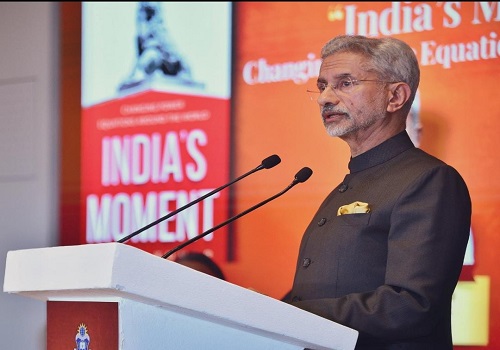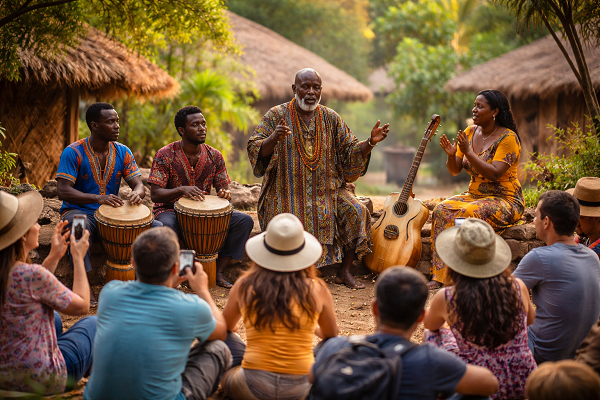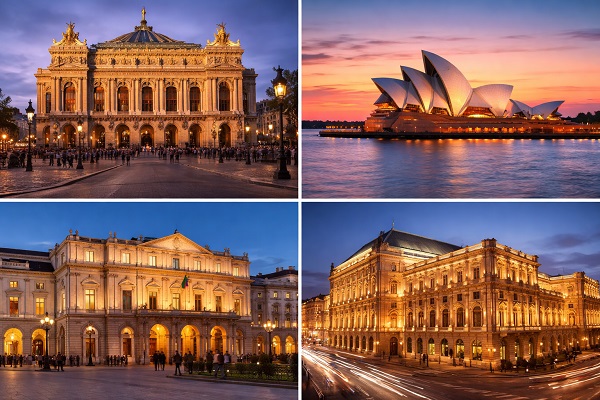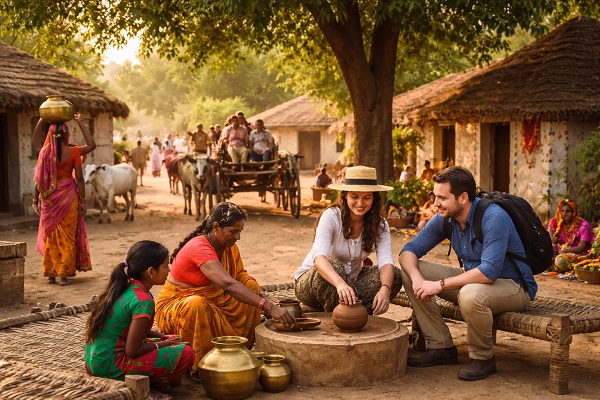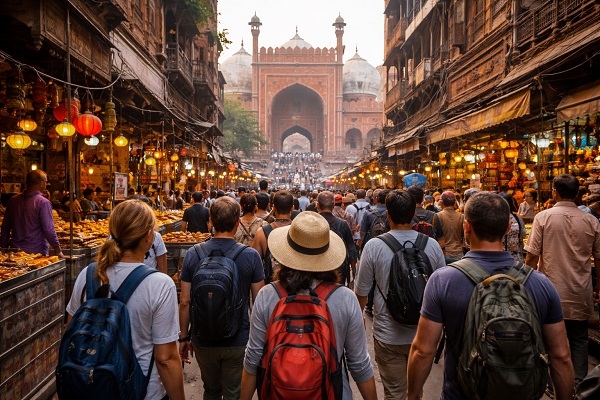Cultural Tourism: Exploring the Richness of Traditions and Heritage
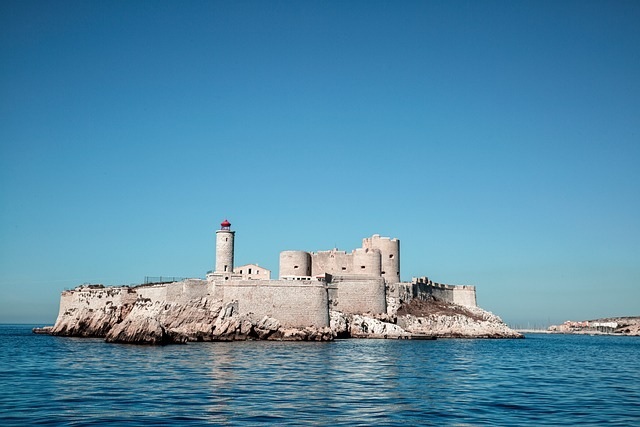
Cultural tourism offers a unique way for travelers to connect with a destination’s history, traditions, arts, and customs. Rather than simply visiting popular tourist spots, cultural tourism allows individuals to immerse themselves in the essence of a place, exploring its heritage, local customs, and way of life. This form of tourism not only promotes the appreciation of different cultures but also supports the preservation and continuation of cultural traditions.
What Is Cultural Tourism?
Cultural tourism involves traveling to experience the cultural expressions of a destination. It could mean visiting historical landmarks, art galleries, museums, and attending traditional festivals or events that reflect the local culture. It also includes exploring the everyday life of communities, their food, crafts, clothing, and music. The primary focus is to enrich the traveler’s understanding and appreciation of different cultures while contributing to the cultural exchange between people from diverse backgrounds.
Why Cultural Tourism Is Important
Preservation of Heritage: Cultural tourism plays a crucial role in preserving and promoting a country’s history, heritage, and traditions. It can help protect monuments, historical sites, and endangered art forms, ensuring they remain accessible to future generations.
Economic Benefits: Cultural tourism often brings economic benefits to local communities. Tourists visiting cultural sites tend to spend money on entry fees, local crafts, food, and other services, which supports local economies.
Cultural Exchange and Understanding: Traveling to experience different cultures fosters mutual understanding and respect. It helps break down cultural barriers and promotes peace and harmony by allowing people to learn about each other's ways of life.
Sustainable Tourism: Cultural tourism encourages sustainable tourism practices. Many cultural sites and traditions are closely linked to the environment, which means the tourism industry must take steps to preserve the natural and cultural landscape.
Popular Cultural Tourism Destinations
Kyoto, Japan: Known for its well-preserved temples, traditional tea houses, and geisha culture, Kyoto offers travelers a window into Japan's rich cultural history and artistic traditions.
Machu Picchu, Peru: The ancient Incan city of Machu Picchu is a treasure trove of history, offering travelers a chance to explore the archaeological remains of one of the most advanced ancient civilizations.
Paris, France: Paris is home to some of the world's most iconic cultural landmarks, such as the Louvre Museum, the Eiffel Tower, and the Palace of Versailles. The city also boasts a thriving art, music, and culinary scene.
Rajasthan, India: Known for its royal palaces, forts, and vibrant festivals, Rajasthan offers an immersive cultural experience. Visitors can explore the rich architectural heritage, traditional crafts, and the unique desert culture of the region.
Rome, Italy: Rome, with its ancient Roman ruins such as the Colosseum and the Roman Forum, offers a deep dive into the history of one of the most powerful empires in history.
How to Participate in Cultural Tourism
Visit Local Festivals: Many countries host cultural festivals that showcase their traditions, music, dance, and cuisine. Participating in these festivals is a great way to experience the culture first-hand.
Explore Museums and Galleries: Museums are a gateway to understanding the history and artistic expressions of a region. Whether it's contemporary art, ancient artifacts, or local crafts, museums offer valuable insight into a culture.
Support Local Crafts and Artisans: One of the best ways to engage in cultural tourism is by purchasing handmade crafts, traditional clothing, and artwork from local artisans. This supports the local economy and encourages the preservation of traditional crafts.
Engage with Locals: Learning from the people who call a place home can provide a deeper understanding of their culture. Whether through guided tours, community-based projects, or simply engaging in conversations, interacting with locals enhances the cultural experience.
The Future of Cultural Tourism
The rise of digital technology and social media has allowed cultural tourism to grow rapidly. Virtual tours, digital archives, and online exhibitions are making it easier for people to experience cultural heritage from anywhere in the world. However, as travel returns post-pandemic, it is important for the tourism industry to focus on responsible and sustainable cultural tourism practices. This includes balancing tourism with the preservation of heritage sites and ensuring that local communities benefit from the influx of visitors.
Cultural tourism holds immense potential for fostering global understanding and preserving the world’s most valuable cultural treasures. Whether it’s experiencing the music and dance of Africa, exploring the art and history of Europe, or diving into the traditions of Asia, cultural tourism offers an enriching experience that goes beyond the ordinary.














